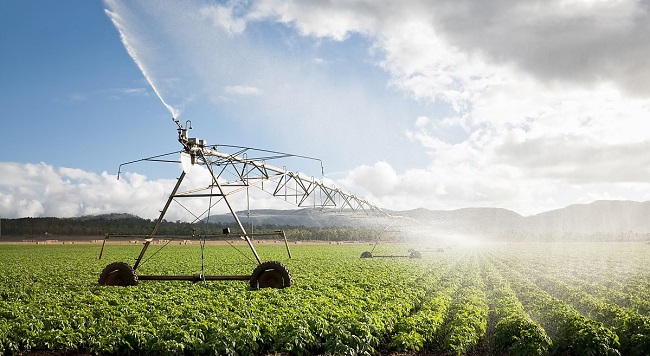Thanks to the widespread adoption of the Internet of Things (IoT), connected devices are found in almost every sector, from energy, healthcare, and home automation to retail, and oil and gas. The impact of the Internet of Things has been felt in most fields, and agriculture is no exception. It brought about numerous technological changes in agricultural practices and greatly improved all aspects of agriculture. Today, farmers are less likely to rely on ancient techniques, such as using horses and plows to farm. By leveraging smart devices, they can better control the process of growing crops and raising livestock, making their farming practices more predictable and efficient.


How smart agriculture improves the level of agricultural industry
Gain insight into internal operations
Smart agriculture sensors have the potential to collect vast amounts of data on soil quality, weather conditions, livestock health and crop growth progress. This data can give you insights into employee performance, equipment efficiency, and thus track the health of your business.
Better control of internal processes
The more control you have over your internal operations, the lower your production risks. IoT products enable you to predict crop yields and plan better distribution. If you know how much of your crop you’re going to harvest, you can make sure your crop doesn’t become unsaleable.
Improve business efficiency
Smart agriculture solutions allow you to automate multiple processes such as irrigation, fertilization, pest control, etc. throughout the entire crop growth cycle and significantly increase productivity. Automation can also help you maintain high standards of crop quality and growing ability.
Cost management and waste reduction
Using IoT solutions to increase control over production can help you detect abnormalities in livestock health and crop growth. Therefore, you mitigate the risk of losing your earnings.
Agricultural IoT application cases
climate monitoring
Weather stations that combine various sensors are probably one of the most popular smart agriculture products. They are often deployed across domains to collect various data from the environment and send it to the cloud. The data collected can be used to map weather conditions to help select suitable crops and take necessary steps to increase their production capacity.
Greenhouse automation
In addition to collecting environmental data, weather stations also have the possibility to adjust conditions according to given parameters. Specifically, smart greenhouse automation systems work on similar principles. Integrating smart sprinkler controllers into your greenhouse system allows you to manage your lighting and irrigation systems remotely.
crop management
Another IoT-based product in agriculture and another element of smart farming is crop management equipment. They should also be in the field to collect data specific to crop cultivation. This data can range from rainfall and temperature to leaf water potential and crop health, and can help you keep tabs on your crop’s growth and any abnormalities to immediately prevent any pests or diseases that could damage your crops.
Livestock monitoring and management
Similar to crop monitoring, a number of sensors can be attached to livestock to monitor their health and performance. The company is also using smart farming sensors to obtain large amounts of insightful data on the health, activity and nutrition of each cow, as well as gather information about the herd.
Integrated Farm Management System
Employing agricultural productivity management solutions is the best way to streamline your farming operations. These systems typically feature many IoT devices and sensors installed in the field, as well as robust dashboards with built-in analytics and reporting/accounting capabilities. This end-to-end solution allows you to monitor and streamline most business operations remotely.
Zusammenfassend
Smart agriculture has become a necessity for agricultural businesses to thrive in this competitive world. With the development of high-quality IoT mobile applications, farmers can effectively deal with all the challenges they face in traditional farming practices. In addition, insights derived from sensors can help them be more cautious when using fertilizers and pesticides, thereby mitigating harmful environmental impacts.
In short, the correct implementation of IoT in agriculture can solve and overcome many challenges while improving the quality, quantity and cost-effectiveness of agricultural production.